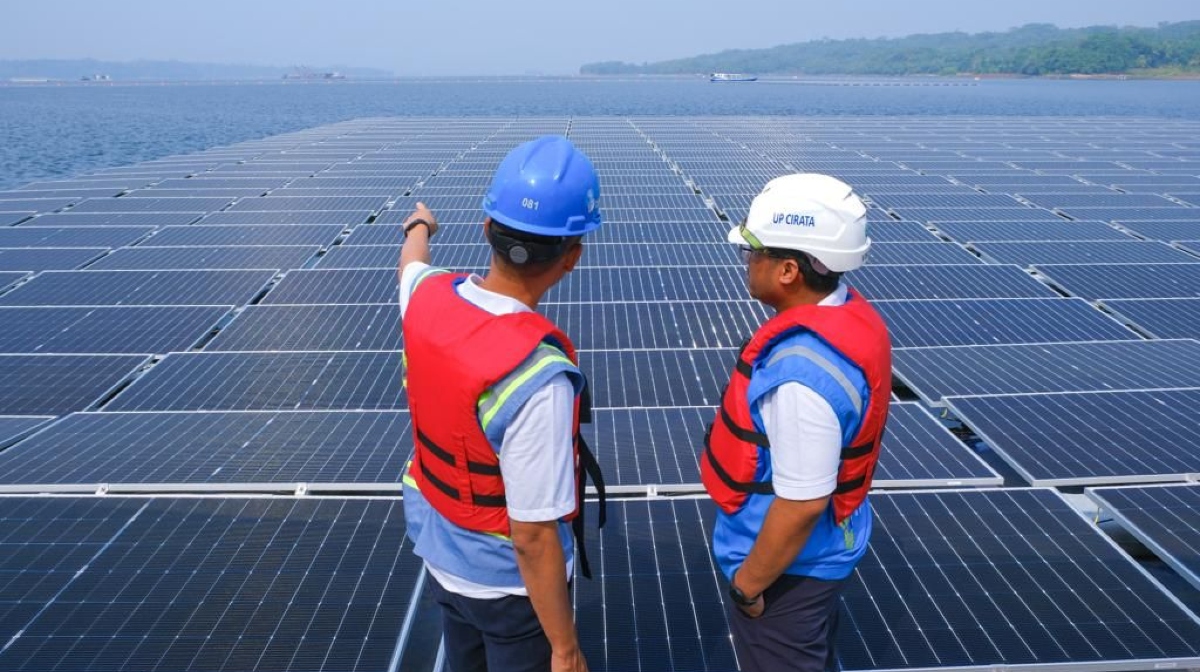The landscape of international support for Indonesia's energy transition is undergoing significant changes. The recent decision by the United States to withdraw from international climate agreements has raised concerns about the future of energy transition projects in Indonesia. In contrast, the European Union (EU) and France have reaffirmed their commitment to supporting Indonesia's shift towards sustainable energy.
US Withdrawal from Climate Agreements
On January 20, 2025, President Donald Trump signed an executive order titled "Putting America First in International Environmental Agreements," which formalized the United States' withdrawal from the Paris Agreement and other related international commitments. This move effectively halts U.S. financial contributions to global climate initiatives, including those aimed at supporting energy transitions in developing countries like Indonesia.
The dismantling of the U.S. Agency for International Development (USAID) further underscores this shift in policy. USAID has been instrumental in funding various development projects worldwide, and its closure is expected to have far-reaching impacts on international aid, particularly in regions like South America and Southeast Asia.
EU and France's Continued Support
In stark contrast to the U.S. stance, the EU and France have strengthened their partnership with Indonesia to accelerate the nation's energy transition. On November 1, 2024, Indonesia's Ministry of Energy and Mineral Resources (MEMR) and the Agence Française de Développement (AFD), with financial backing from the EU, formalized their cooperation through the Indonesia Energy Transition Facility (IETF). This five-year program, set to commence in 2025 with an initial grant of €3 million, aims to advance Indonesia's energy transition across key areas such as decarbonization for small islands, green hydrogen development, sustainable mining of critical minerals, and sustainable bioenergy production.
French Embassy Chargé d'affaires a.i. Laurent Legodec emphasized the importance of this collaboration, stating, "Identified as a key priority by France and Indonesia, the cooperation on the energy transition can leverage each country's strengths to forge a path towards a sustainable and just energy future."
Implications for Indonesia's Energy Future
The contrasting approaches of the U.S. and the EU have significant implications for Indonesia's energy transition efforts. The withdrawal of U.S. support may slow down certain projects, but the reinforced commitment from the EU and France provides a substantial boost to Indonesia's sustainable energy initiatives.
Indonesia's strategic location and abundant natural resources, including significant nickel reserves and geothermal energy potential, position it as a key player in the global green transition. The continued support from European partners is expected to facilitate technological advancements, economic growth, job creation, and enhanced energy security in Indonesia.
As the global landscape of climate cooperation evolves, Indonesia's partnerships with nations committed to environmental sustainability will play a crucial role in shaping its energy future.
Read More






 Wednesday, 25-02-26
Wednesday, 25-02-26







